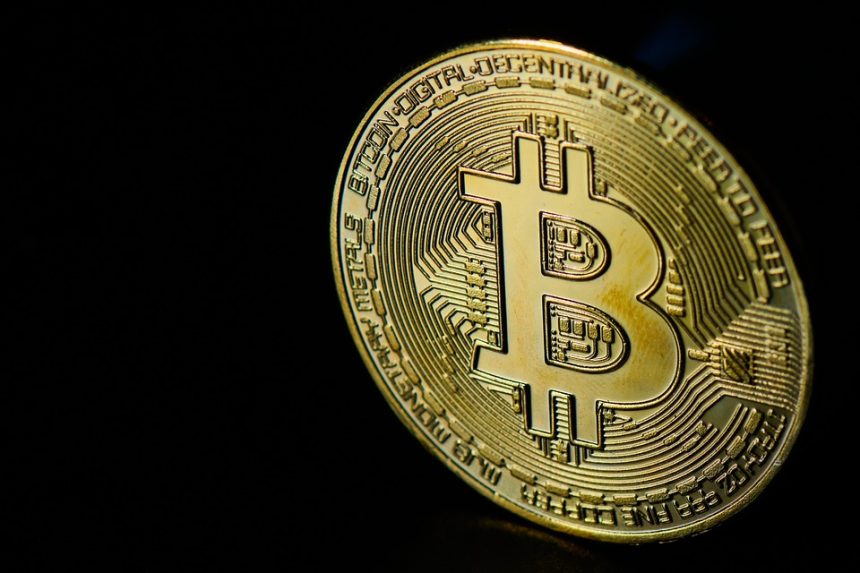The rise of decentralized finance (DeFi) has revolutionized the way individuals interact with financial systems. By eliminating intermediaries, DeFi enables greater accessibility, transparency, and efficiency in managing financial assets. However, with these advantages come new risks that can threaten the security of your funds. This article delves into the security challenges faced in the DeFi space and offers practical steps to protect your assets in this decentralized world.
Understanding the Risks in DeFi
Before we discuss protective measures, it’s essential to recognize the unique risks associated with DeFi platforms:
-
Smart Contract Vulnerabilities: DeFi applications are built on smart contracts, which are self-executing agreements coded into blockchain protocols. If these contracts contain bugs or vulnerabilities, they can be exploited, leading to significant losses.
-
Rug Pulls and Exit Scams: In the DeFi space, investors often face the risk of rug pulls, where developers abandon a project after draining its liquidity. Unlike traditional finance, recourse options are limited in decentralized platforms.
-
Oracle Manipulation: Many DeFi systems depend on external oracles for price feeds. Manipulating these oracles can lead to unfavorable outcomes for users, such as liquidation of assets or incorrect rewards distributions.
-
Phishing Attacks: DeFi users are susceptible to phishing attempts where malicious actors create imitation sites to steal private keys or seed phrases, leading to asset loss.
- Protocol Risks: Projects can experience flaws in their algorithms or governance models, which might compromise user funds or disrupt services.
Steps to Protect Your Assets
Given these risks, here’s a comprehensive list of practices to safeguard your investments in the DeFi ecosystem:
1. Conduct Thorough Research
Before engaging with any DeFi protocol, perform extensive due diligence. Evaluate the following aspects:
- Team Background: Investigate the team members and their track record within the crypto space.
- Community Sentiment: Engage with community forums such as Reddit or Discord to gauge user sentiment about the project.
- Code Audits: Prioritize projects that have undergone third-party code audits by reputable firms. Audit reports can help identify potential vulnerabilities.
2. Use a Hardware Wallet
Hardware wallets are physical devices that store your cryptocurrencies offline, providing enhanced security against hacks and theft. By keeping your private keys away from internet-connected devices, you significantly reduce the risk of potential exploits.
3. Enable Two-Factor Authentication (2FA)
When using centralized exchanges or wallets that support DeFi, enable 2FA. This additional security layer requires a secondary form of verification, making it harder for unauthorized users to access your accounts.
4. Be Wary of New Projects
While innovation plays a crucial role in DeFi, new projects can carry higher risks. Approach newly launched tokens with caution, especially those lacking established credibility or community support.
5. Diversify Your Investments
Avoid putting all your assets into a single DeFi protocol or token. Diversifying your portfolio across various projects can mitigate the impact of a single point of failure on your overall investments.
6. Monitor Smart Contracts and Governance
Stay updated on any changes made to the smart contracts and governance models of the platforms you use. Follow their official channels for announcements and prepare for any adjustments that could affect security.
7. Use Reputable Platforms
Stick to well-established DeFi platforms with a good reputation. While smaller projects may offer potentially high returns, they often come with higher risks. Platforms that have been operating for longer periods are typically more trusted.
8. Beware of Phishing Attacks
Always double-check the URLs and ensure you’re visiting the correct website. Be suspicious of unsolicited communications requesting your private information and avoid clicking on links from unknown sources.
9. Keep Software Updated
If using wallets, exchanges, or any related software, keep them up to date with the latest security patches to protect against vulnerabilities.
10. Educate Yourself Continuously
The DeFi landscape is rapidly changing. Regularly educate yourself about new security practices, potential threats, and developments in the DeFi space. Staying informed is your best defense.
Conclusion
While DeFi is a promising advancement in finance, it comes with inherent risks that can jeopardize your investments. By implementing robust security measures and staying informed, you can significantly reduce the chances of losing your assets in this decentralized world. The key is to remain vigilant, conduct thorough research, and practice prudence as you navigate your DeFi journey. With the right strategies in place, you can enjoy the many benefits that decentralized finance offers while keeping your assets secure.





